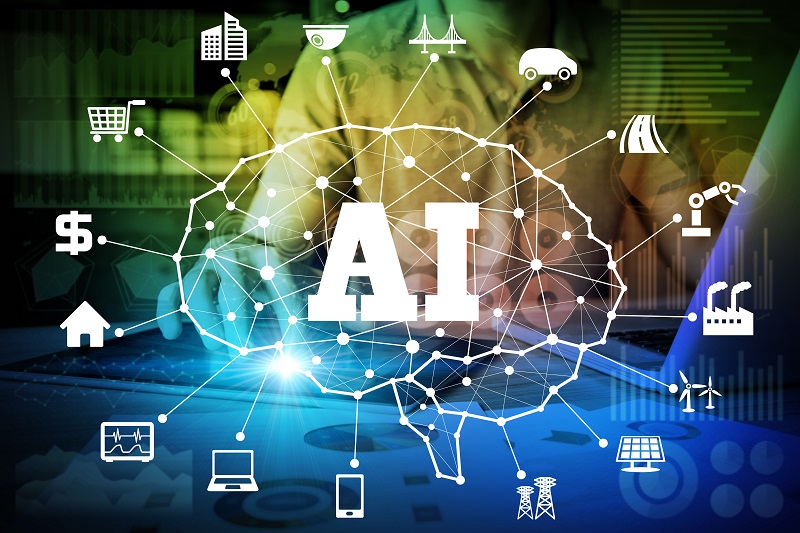1. Artificial Intelligence (AI)
AI is at the forefront of technological advancement, influencing various sectors from healthcare to finance. Machine learning algorithms can analyze vast amounts of data, enabling predictive analytics, personalized recommendations, and automation of routine tasks. AI's ability to mimic human intelligence is transforming everything from customer service chatbots to advanced medical diagnostics.
2. Internet of Things (IoT)
The Internet of Things connects everyday devices to the internet, allowing them to communicate and share data. Smart homes, wearables, and industrial IoT are enhancing efficiency and convenience. For example, smart thermostats learn user preferences to optimize energy consumption, while connected sensors in factories monitor equipment health in real-time, reducing downtime.
3. Blockchain
Blockchain offers a decentralized and secure way to store and share data. Initially developed for cryptocurrencies, its potential extends to supply chain management, healthcare records, and voting systems. By providing transparency and security, blockchain can reduce fraud and enhance trust in transactions.
4. 5G Technology
The rollout of 5G networks is set to revolutionize connectivity. With faster speeds and lower latency, 5G enables seamless streaming, real-time gaming, and enhanced augmented and virtual reality experiences. This technology will also bolster IoT devices, making smart cities and autonomous vehicles more feasible.
5. Renewable Energy
As the world grapples with climate change, renewable energy technologies like solar, wind, and hydroelectric power are gaining momentum. Innovations in energy storage, such as advanced batteries, are making it possible to harness these renewable sources more efficiently, reducing reliance on fossil fuels and minimizing carbon footprints.
6. Augmented Reality (AR) and Virtual Reality (VR)
AR and VR technologies are transforming industries like gaming, education, and training. While VR creates immersive experiences for users, AR enhances the real world with digital overlays. From training simulations for surgeons to virtual classrooms, these technologies are redefining how we learn and interact.
7. Quantum Computing
8. Biotechnology
9. Robotics and Automation
Automation and robotics are streamlining operations in various sectors, from manufacturing to logistics. Robots can perform repetitive tasks with precision, reducing costs and increasing efficiency. In healthcare, robotic surgery systems are improving patient outcomes by enabling minimally invasive procedures.
10. Cybersecurity
As our reliance on digital platforms grows, so does the need for robust cybersecurity measures. Technologies like artificial intelligence-driven threat detection, blockchain-based security, and advanced encryption methods are crucial in protecting sensitive data from cyber threats and ensuring privacy in an interconnected world.
Conclusion
These ten technologies are not just trends; they are shaping the future of our world. As they continue to evolve and integrate into our daily lives, their potential to solve complex challenges and enhance human capabilities is immense. Staying informed and engaged with these advancements is essential as we navigate an increasingly technology-driven landscape. What technologies do you find most exciting or impactful? Share your thoughts in the comments!










Comments
Post a Comment